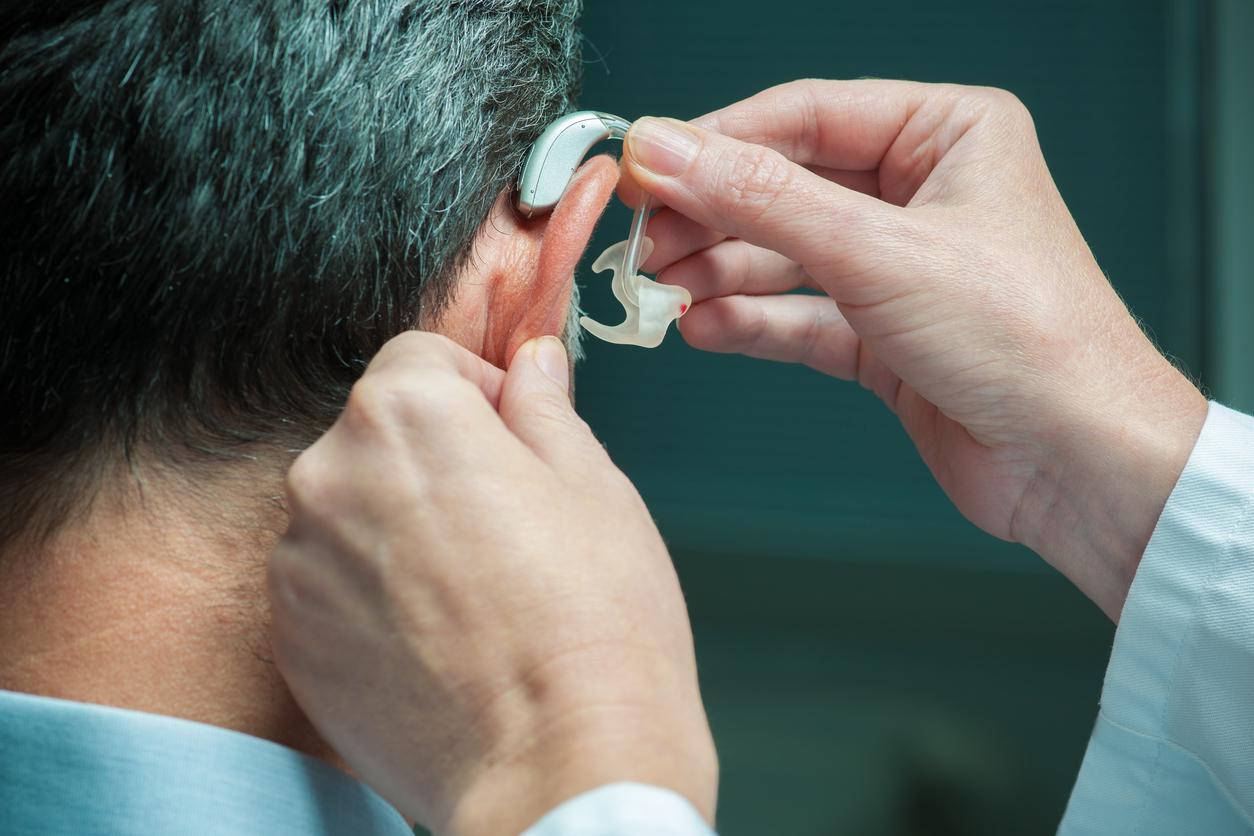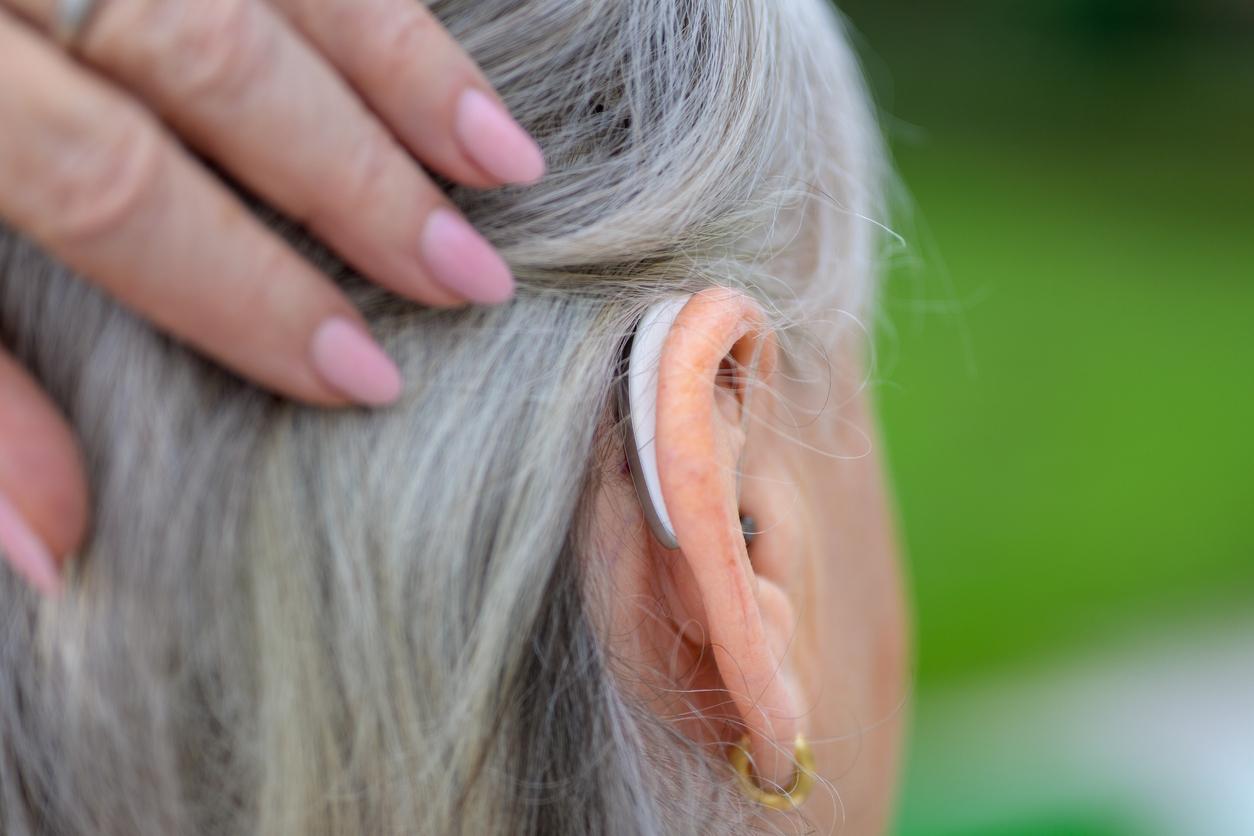With age, hearing abilities deteriorate. Problem, these hearing problems, when they are not taken care of, are accompanied by a memory degradation. This is the result of a new Inserm study published in the journal Journal of American Geriatrics Association.
The survey, conducted by Professor Hà © lène Amieva, epidemiologist at Inserm, Bordeaux, underlines the association between hearing loss and the acceleration of cognitive decline. For this, she followed the evolution between presbycusis (progressive loss of hearing related to age) and the loss of intellectual faculties, the memory of which in nearly 4000 volunteers, followed for 25 years.
The numbers illustrate the magnitude of the problem: hearing loss affects 30% of people 65 and over and 70% to 90% of those 85 and over. These hearing difficulties increase the risk of dementia. And the greater the hearing loss, the greater the risk of dementia could be, some scientists believe. A thesis which nevertheless remains to be demonstrated by additional work.
Prostheses do not protect against the risk of Alzheimer’s
To slow down this cognitive decline, hearing aids would be of great help. “The management of these hearing disorders, with a hearing aid, has a positive impact and slows down intellectual decline”, suggests the study, quoted by AFP .
From there to advance that the hearing aids could slow down the decline of the memory and thus the risk of occurrence of the Alzheimer’s disease, there is a step. For researcher Hà © lène Amieva, the shortcut should not be done. “People who have a decline in memory which accelerates are more at risk of Alzheimer’s”, she reminds AFP before qualifying: “for all that should not be believe study shows that pairing people up prevents disease “.
>> To read also:The key figures of hearing loss
Hearing aids are too expensive for the French
And do you think hearing aids are good for preserving mental faculties? Comment on the forum.


















